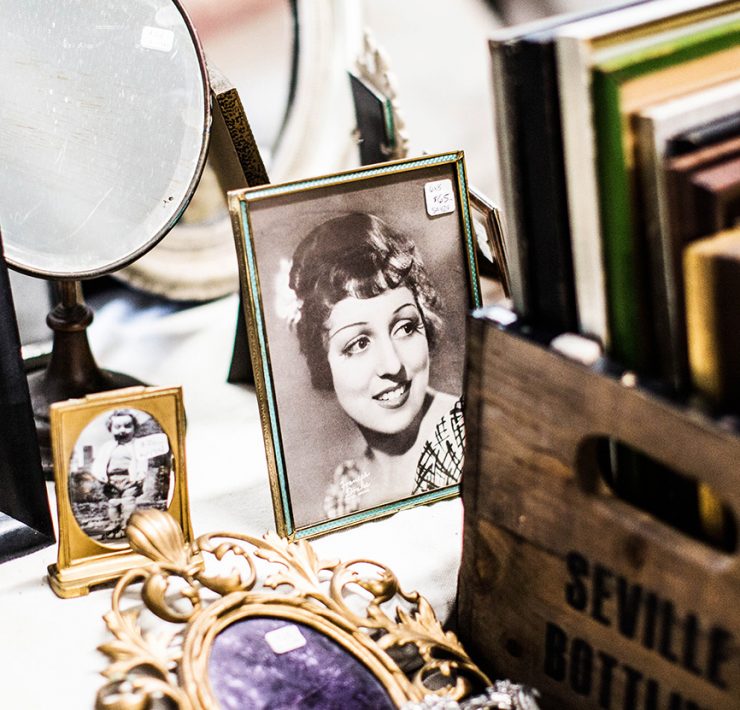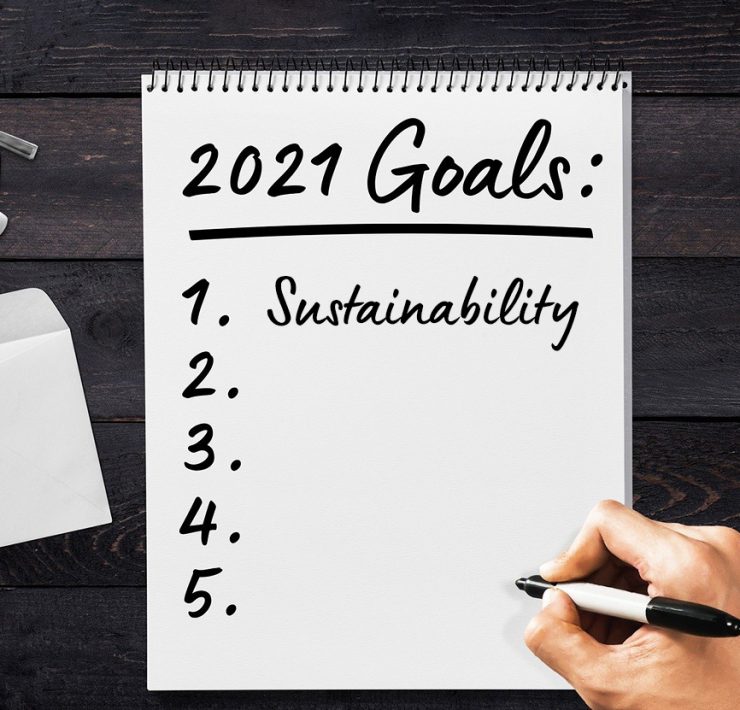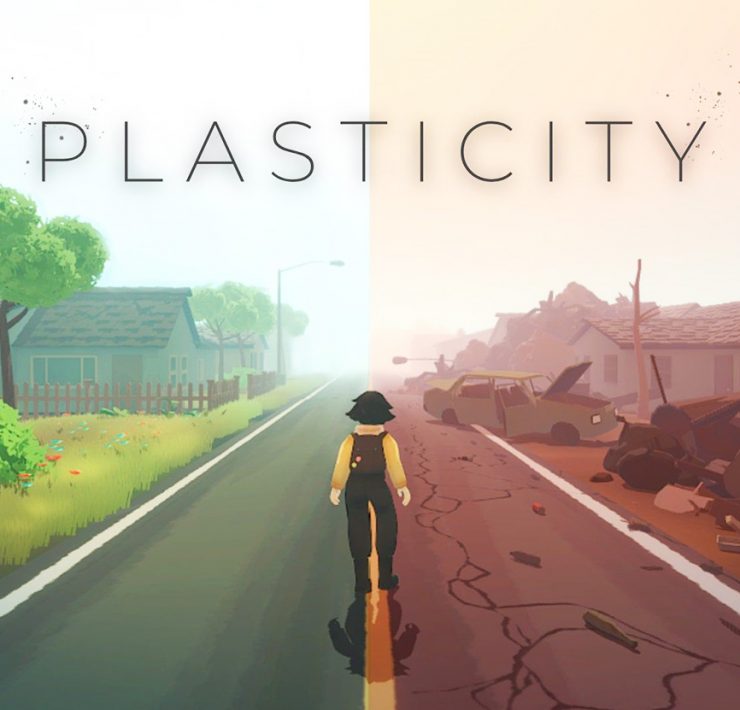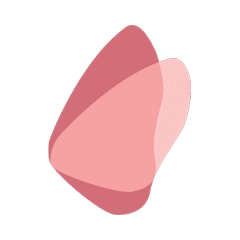Slow is sustainable
- The climate crisis is accelerating like never before. Our only hope is if we all slow down.
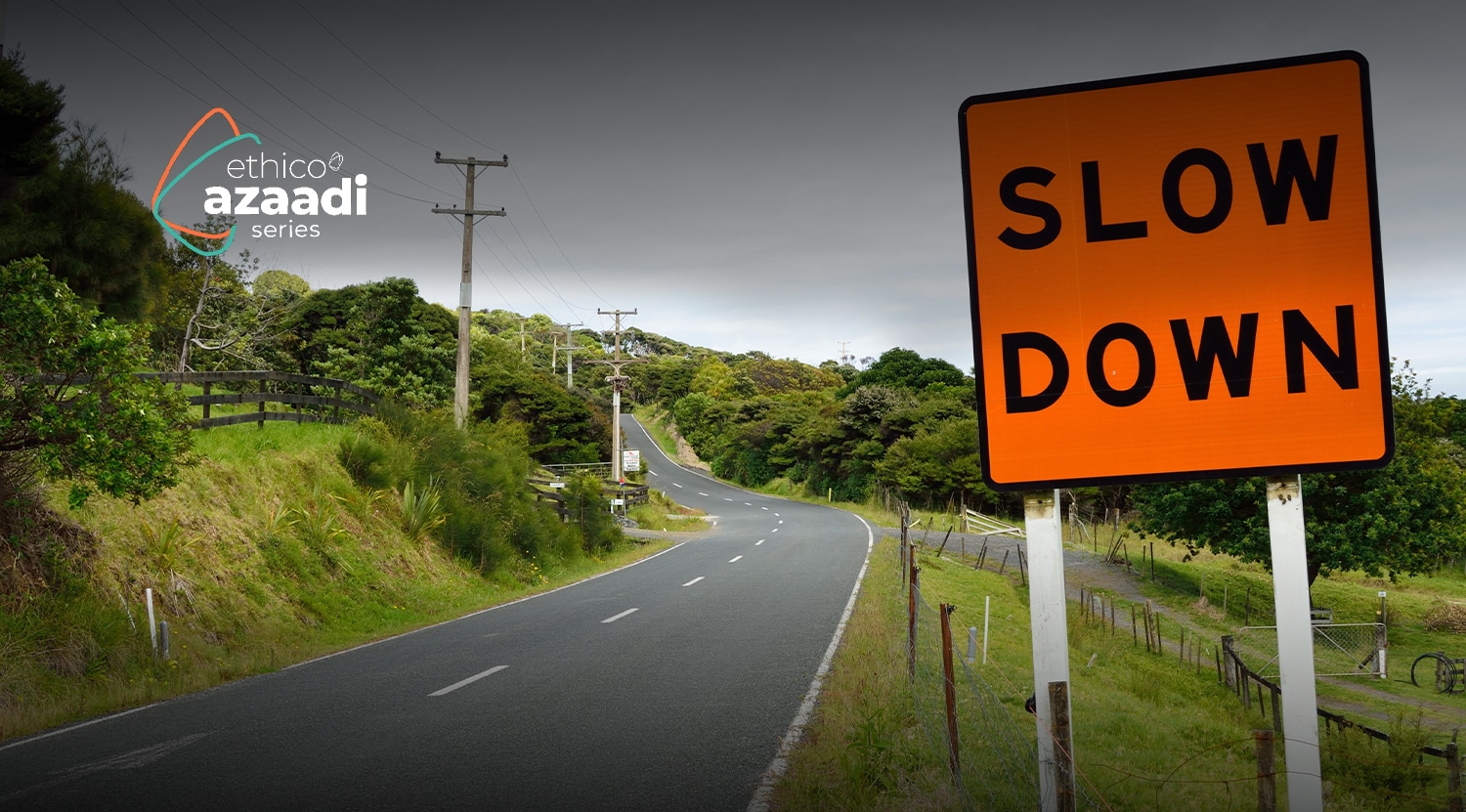
Cyril Sebastian worked for more than a decade writing and…
If you are like me, and so many others, you probably have more tabs than you care to count open on your browser right now. The infinite tabs in various stages of loading and refreshing, blurring into oblivion at the right corner of your browser.
Also, if you are like me, and so many others, you probably have multiple windows open: browsers, file explorer, mail applications, documents in various stages of being filled, written, commented on and edited, and alt-tabbing yourself to death.
I haven’t even brought up the 3 or more applications on your phone you intermittently kept checking in the short time it took you to read up to this point.
We do this every waking day and then suddenly at an appointed time decide it’s the time to unwind, meditate, get mindful for a predetermined amount of time. The moment that predetermined time elapses, we go back to exactly what we do all day: I think the corporate term for this is multi-tasking.
“Man is the only creature who refuses to be what he is,” wrote Albert Camus in 1951 in The Rebel. We might extend the quote today to all gender-conforming and non-conforming humans on the planet. We might read it as an existentialist, nihilist, absurdist concept, probably what might have been Camus’ idea when he wrote the essay. We can also read it today positionally as humans reel under an essential triple threat: pandemic anxiety, socio-economic insecurity, and probably above all, environmental precarity.
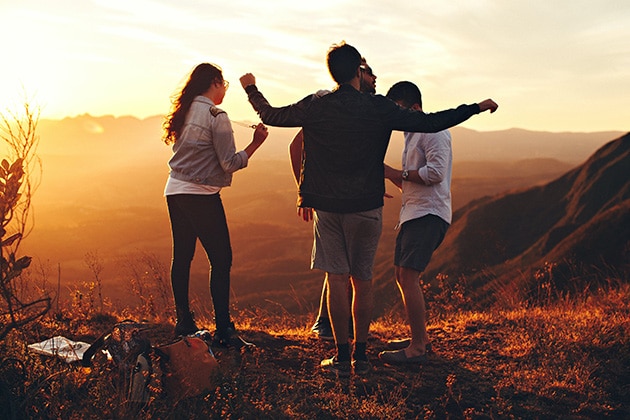
A lot of us in our socio-economic milieu have access to things like never before: information, communication, platforms to air our views, opinions, sharing what appeals to our socio-political and personal views.
Humans took millennia to evolve to our current iteration. And that too, because across that time a lot of things were favourable to our survival. Unfortunately, however, our species for the longest time now has taken this favourable environment to mean that the planet exists for us.
In a world dominated by market economics, we are blinded by deadlines, projections, holidays, self-image, and things that can be measured by the prevalent zeitgeist. We are all about instant messaging (WhatsApp), instant gratification (same day delivery), instant commentary (Twitter). In other words, we are not too different from a product, and our value is decided by how favourably we are viewed and how many people are influenced or convinced of that value.
“Take a deep breath. Count to ten,” says every anxiety coach, yoga or mindfulness teacher ever.
To be free, one has to chart out a personal journey. And more often than not, that journey will collide with ethics, conditioning, and in no small measure, sustainability. Can I be free when I know I use expensive products to wear, consume premium-priced organic grains and vegetables, and pay high rents in an unsustainable city? Believe me, I am not one of those people who is advocating moving to the mountains or living by the beach. It feels like we are just looking for the next place where WE feel comfortable.
Instead, I propose this: eat slowly (like every mother told you to), don’t binge and chill (unlike what every Netflix show tells you to do), be present in the moment (like any therapist will tell you to), and work on slowly and constantly improving yourself (like every Kaizen, Ikigai practitioner will tell you to).
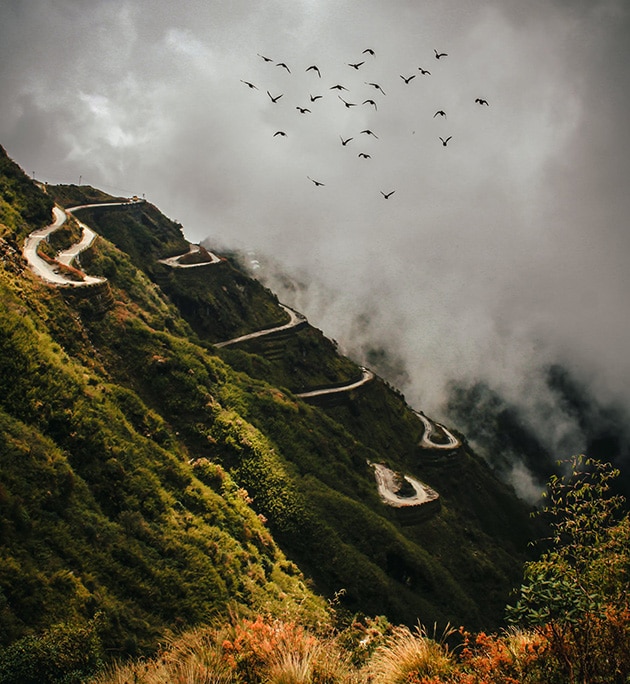
Nature is a slow mover (I wish the term glacial pace meant what it used to, especially for the glaciers themselves) and takes time to change. Coriander seeds take an average of 14 days to sprout and come with no guarantee of producing abundant coriander leaves. A mango sapling takes an average of four years to bear fruit. A lot of human habits (as counted by us) take 21 days to change. To take the long view: it has been 260 years since the stirrings of the industrial revolution and its far-reaching effects for us to recognise that we as a species got excited too soon about electricity, mass-produced goods, transport, internet, and then finally understood what this meant to the planet and started to measure climate change.
It might take us 260 years in our capacity as one species to reverse the damage, but it has to start with each one of us making the choice, rejecting what may be convenient, and accepting radical alternatives so that we, and the planet, can begin healing ourselves.
Cyril Sebastian worked for more than a decade writing and directing short-form promos and commercials for Television. He is currently pursuing an MFA in creative writing at San Francisco State University. He has no known hobbies but is contemplating getting one soon.


